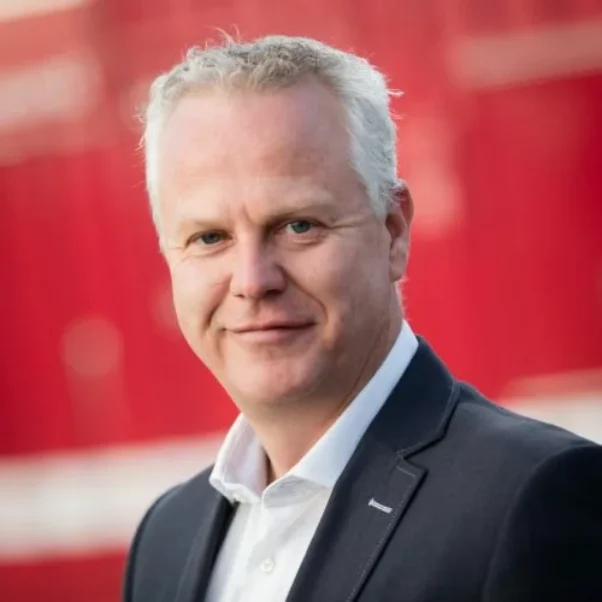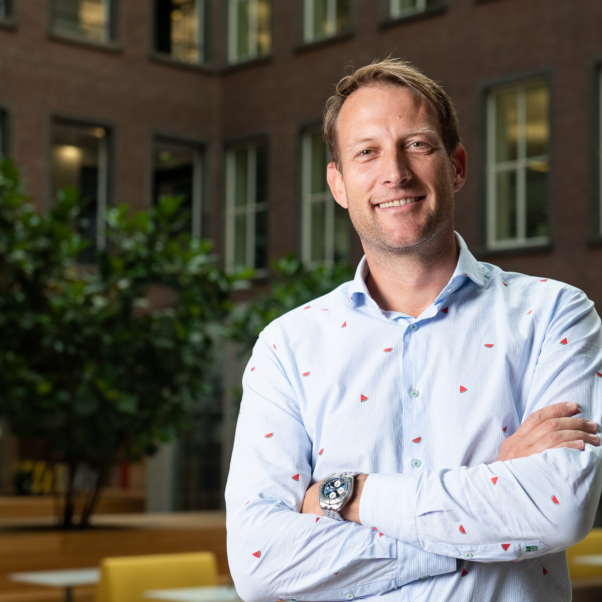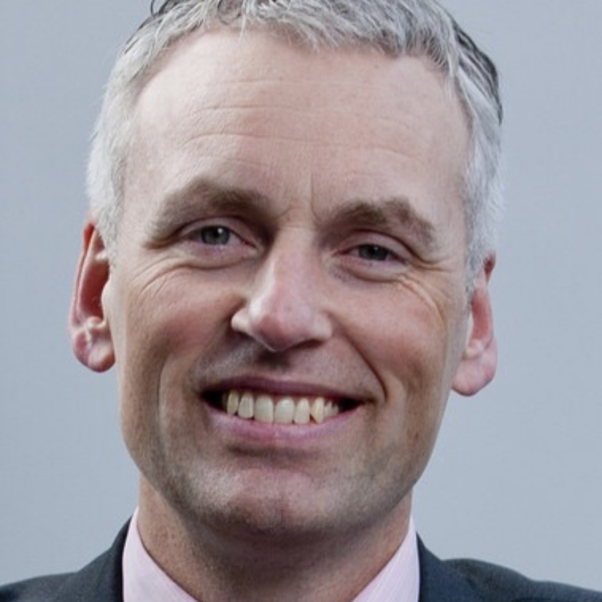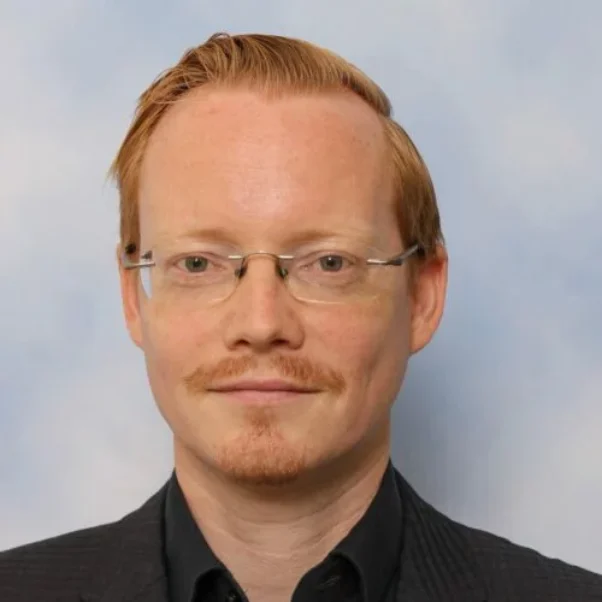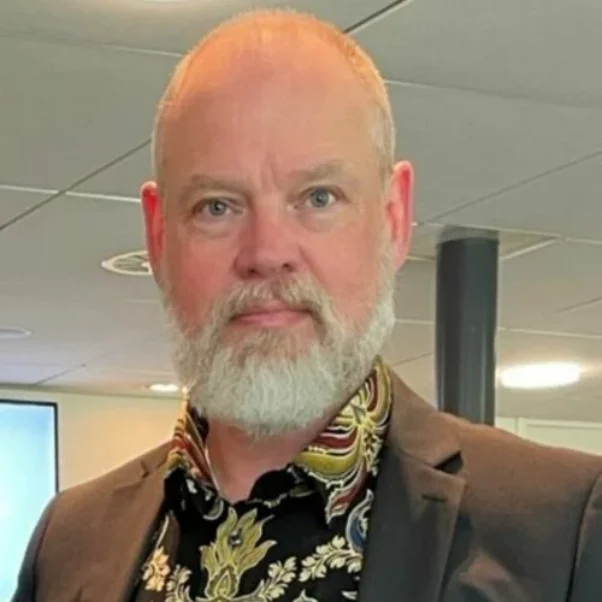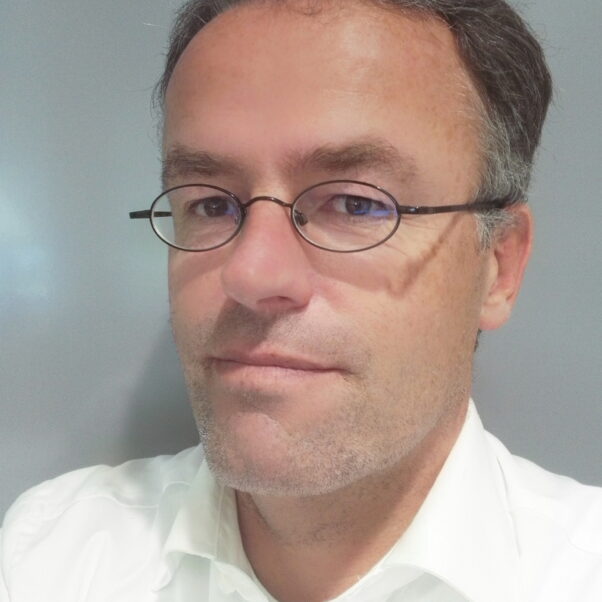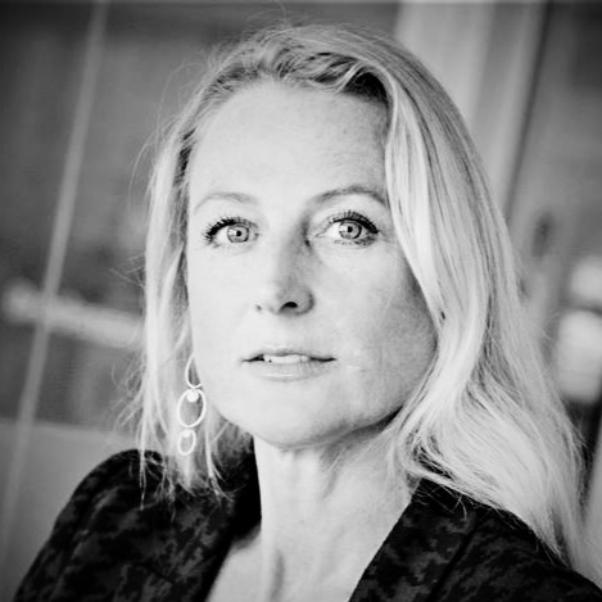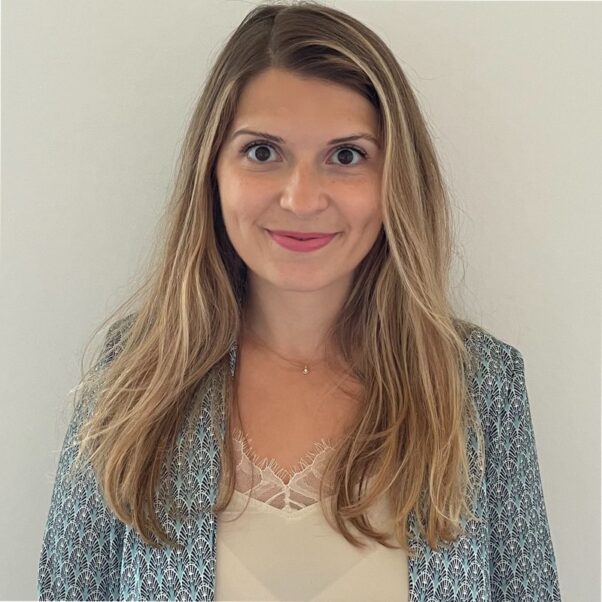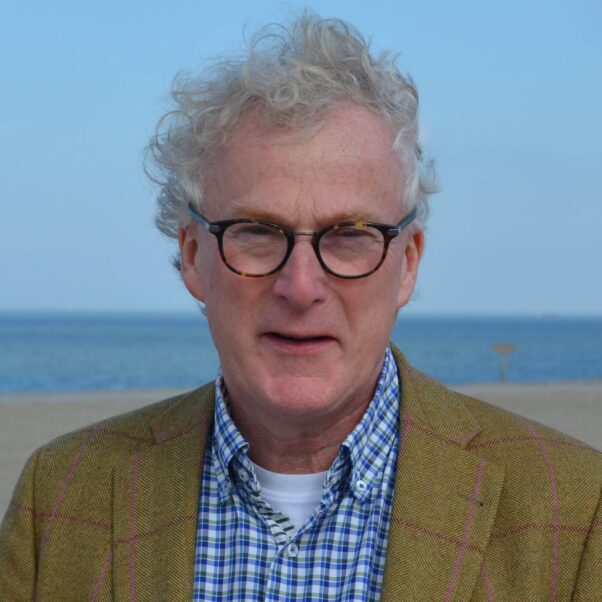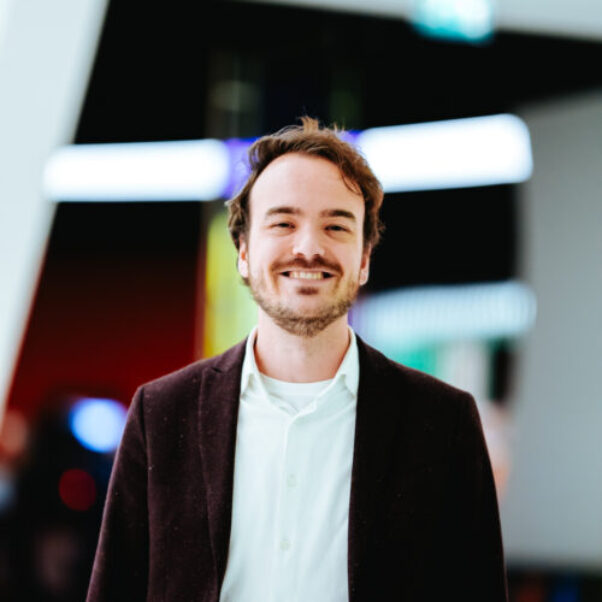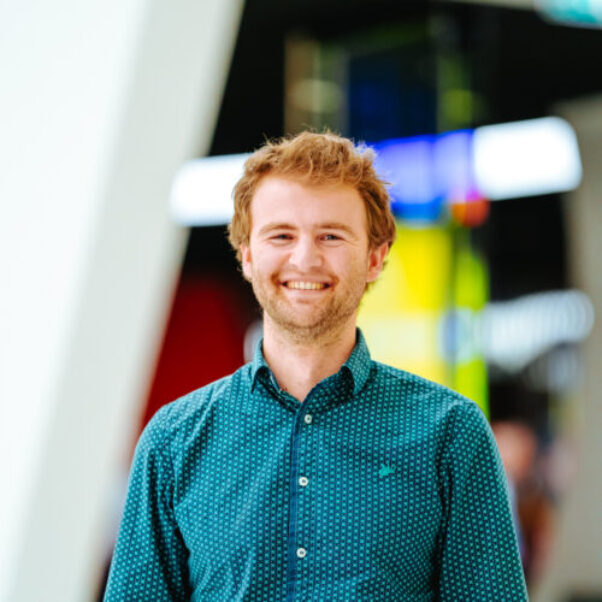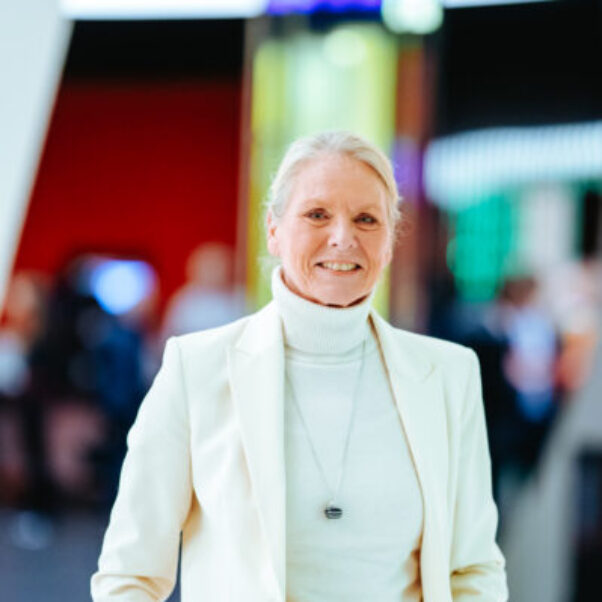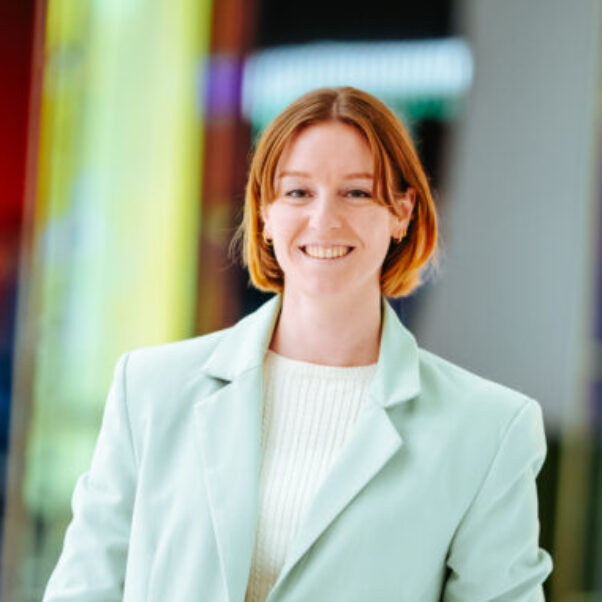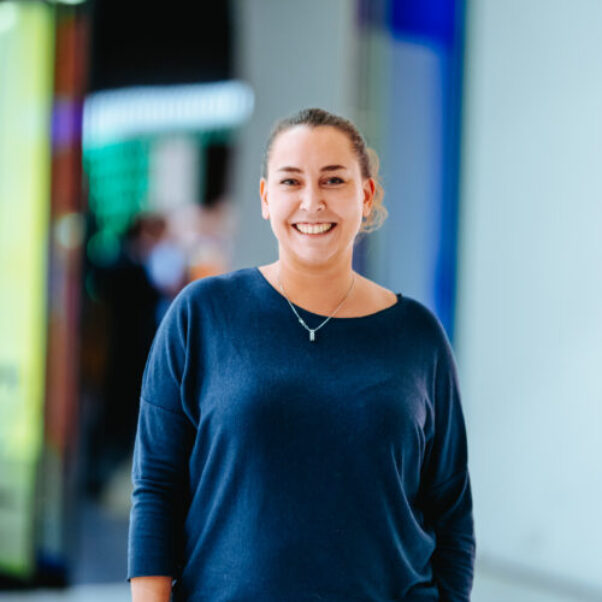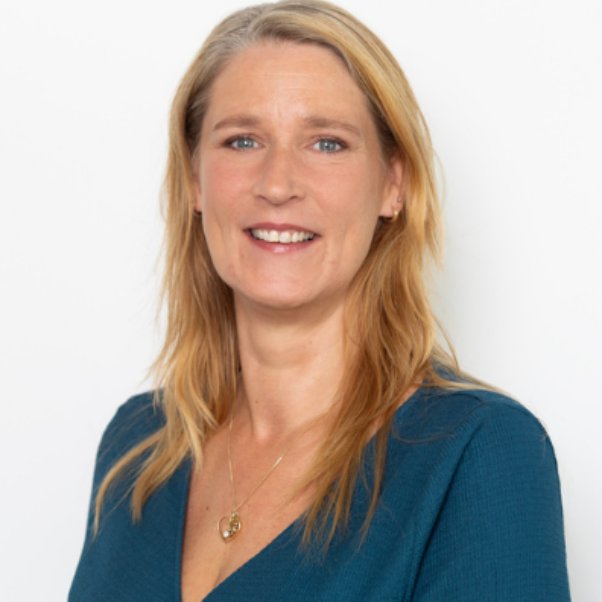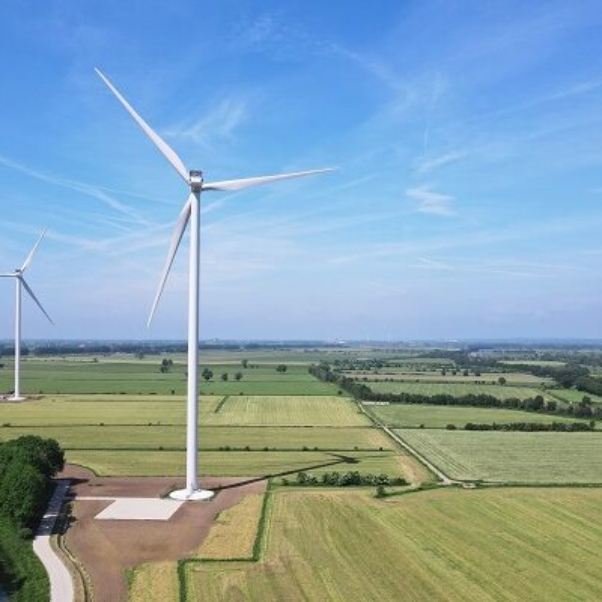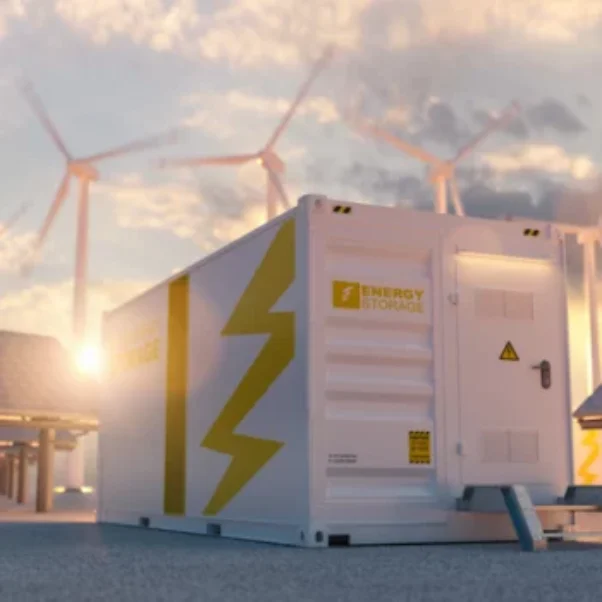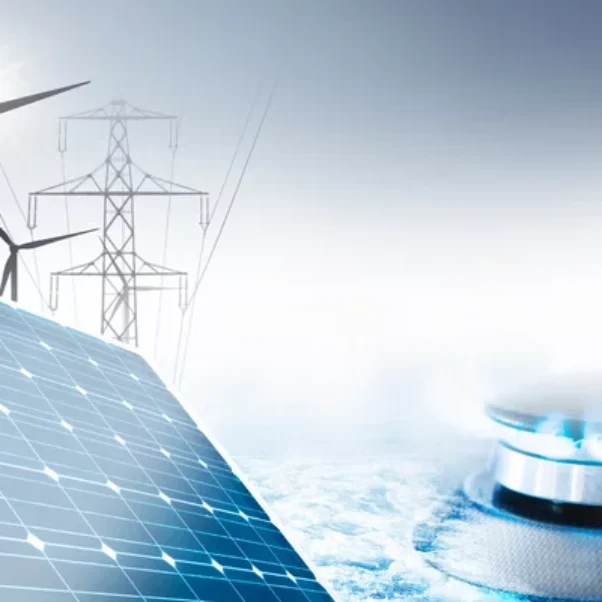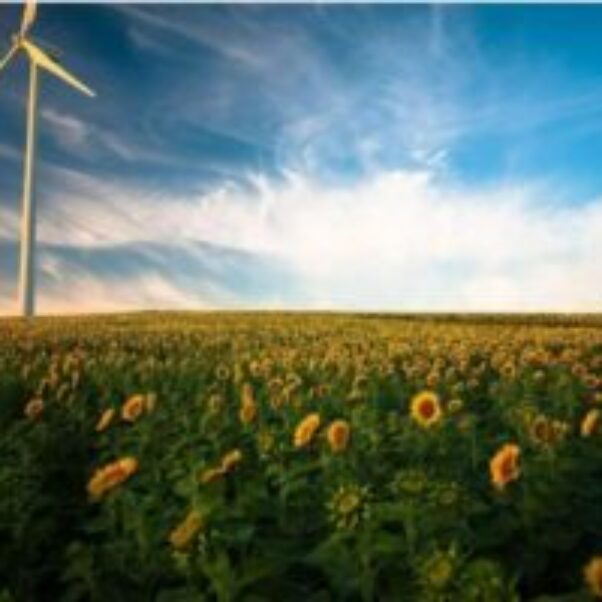Who we are.
Energy Storage NL is the trade organization for the Dutch energy storage sector and part of FME, entrepreneurs' organization for the technology industry. With more than a hundred members (companies, grid operators, knowledge institutes and financiers) we want to connect parties in a meaningful way so that sustainable business cases arise for energy storage that contribute to a successful transition to a clean, reliable and affordable energy supply.
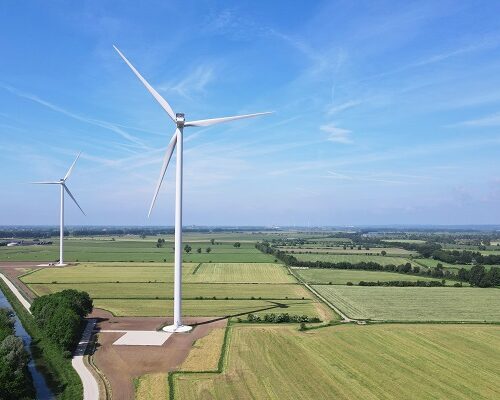
Partnerships
Energy Storage NL maintains contact with external stakeholders such as Netbeheer Nederland, Holland Solar and other industries. In this way we carry a common voice for the deployment of energy storage in the energy system of the future. We are also a member of the European Association for Storage of Energy (EASE), in which we contribute to interest representation in Brussels.
Ambition and activities
A clean, reliable and economically viable energy supply, in which energy storage and conversion plays a prominent role.
Participants join Energy Storage NL because of its broad and good network of affiliates and contacts with government and stakeholders. They use Energy Storage NL to broaden their own network and exchange knowledge with other participants and the Energy Storage NL office.
Energy Storage NL deploys this knowledge for high-quality advocacy for the broad energy storage sector. Together with its participants, Energy Storage NL promotes the importance of energy storage in the energy transition and offers participants a platform to promote their products and services.


